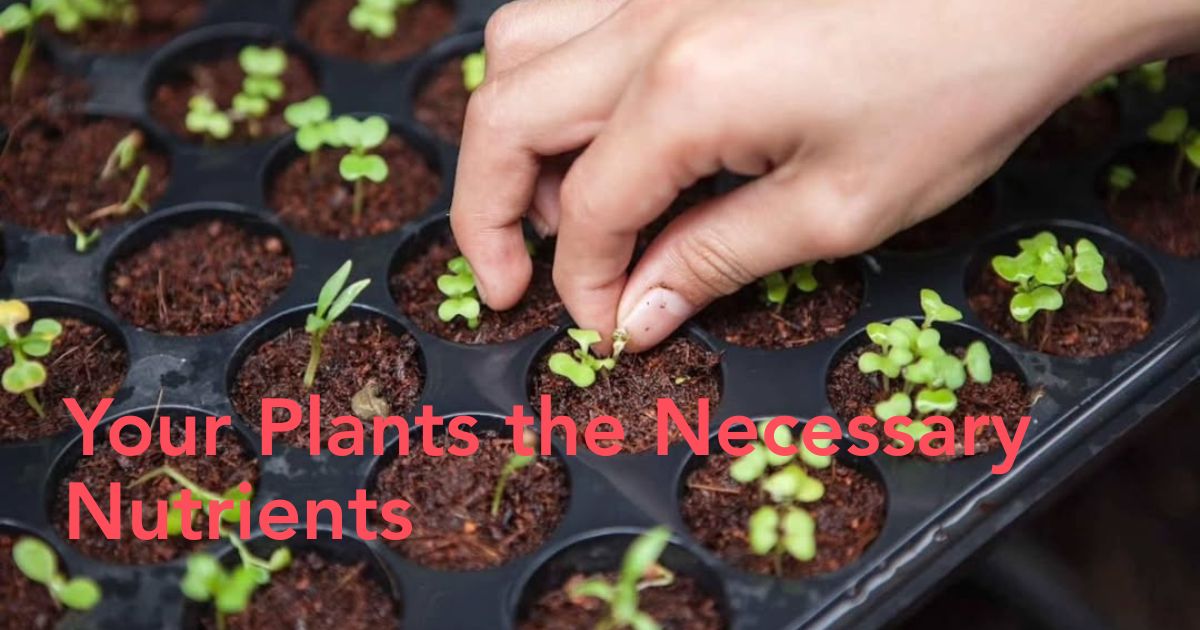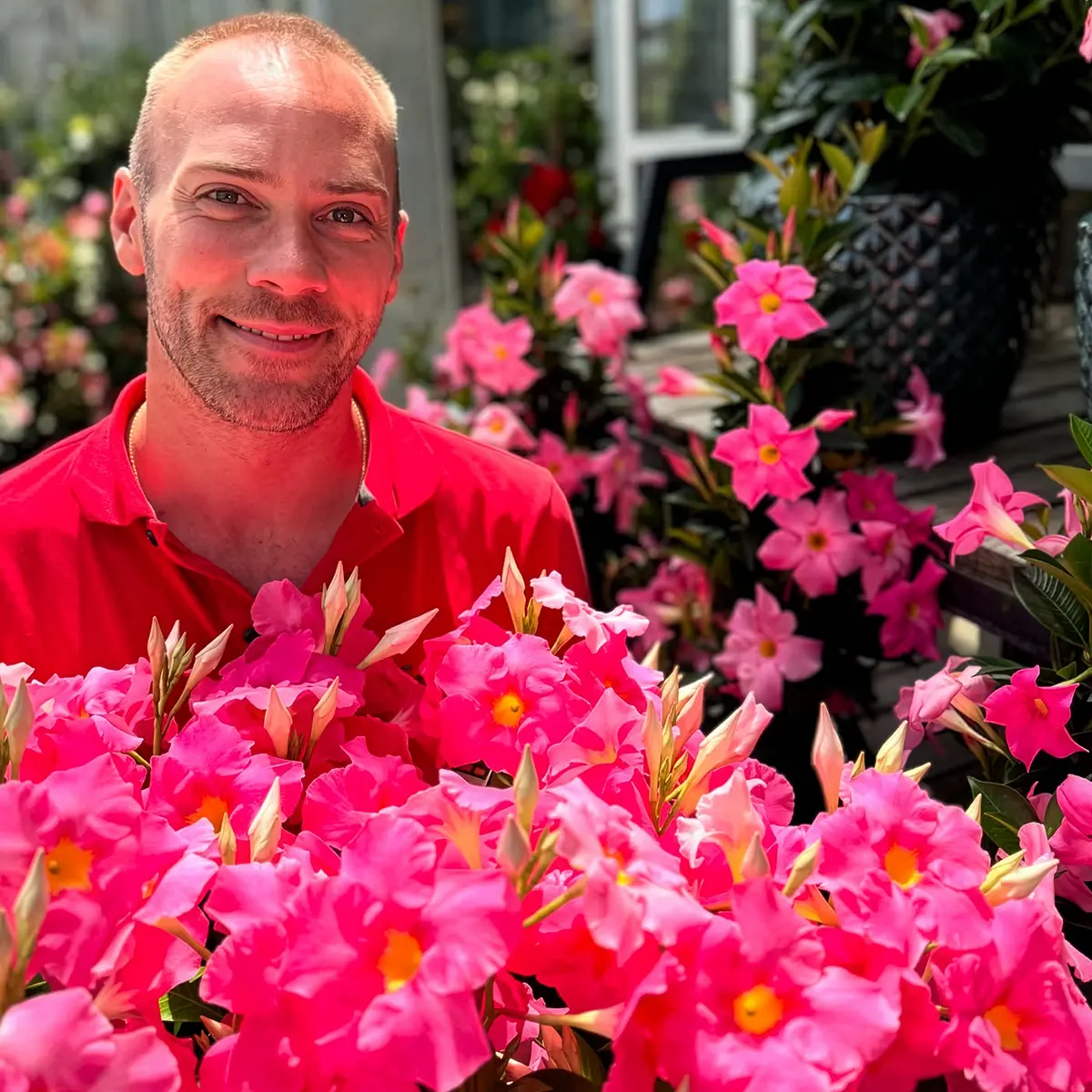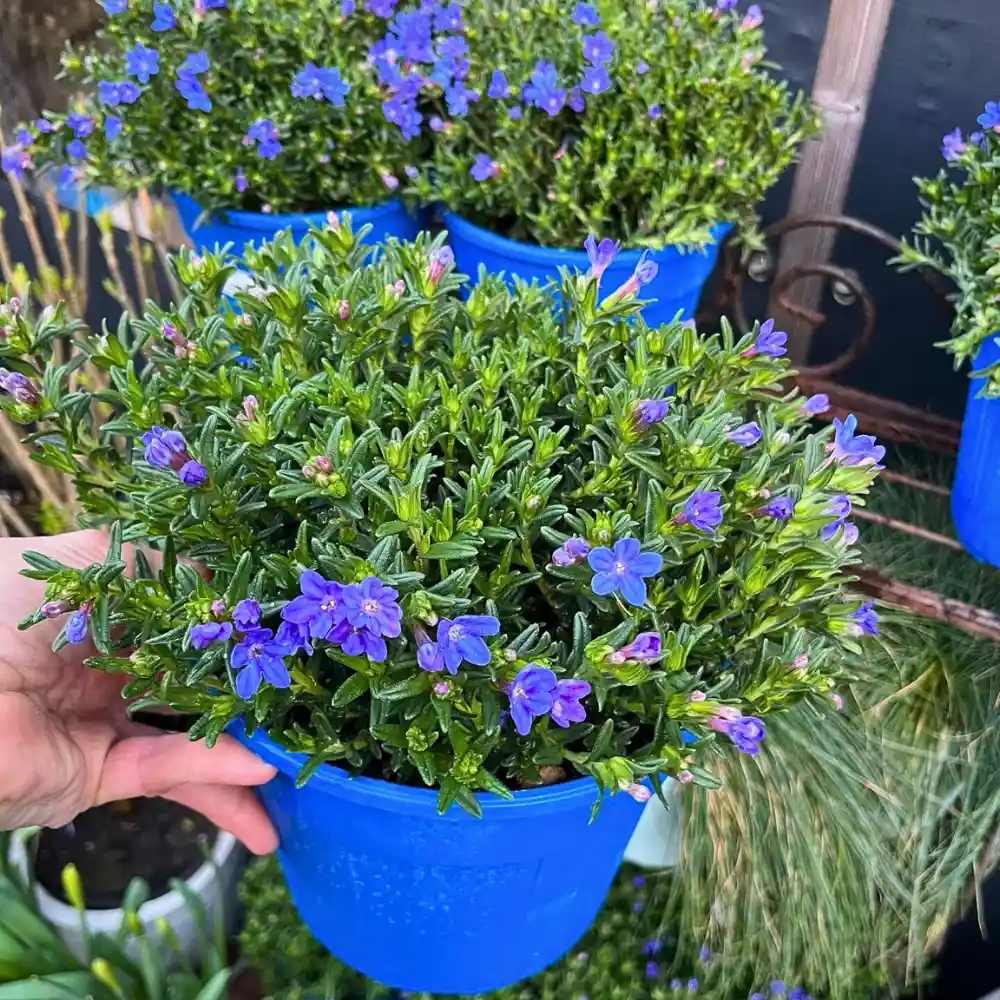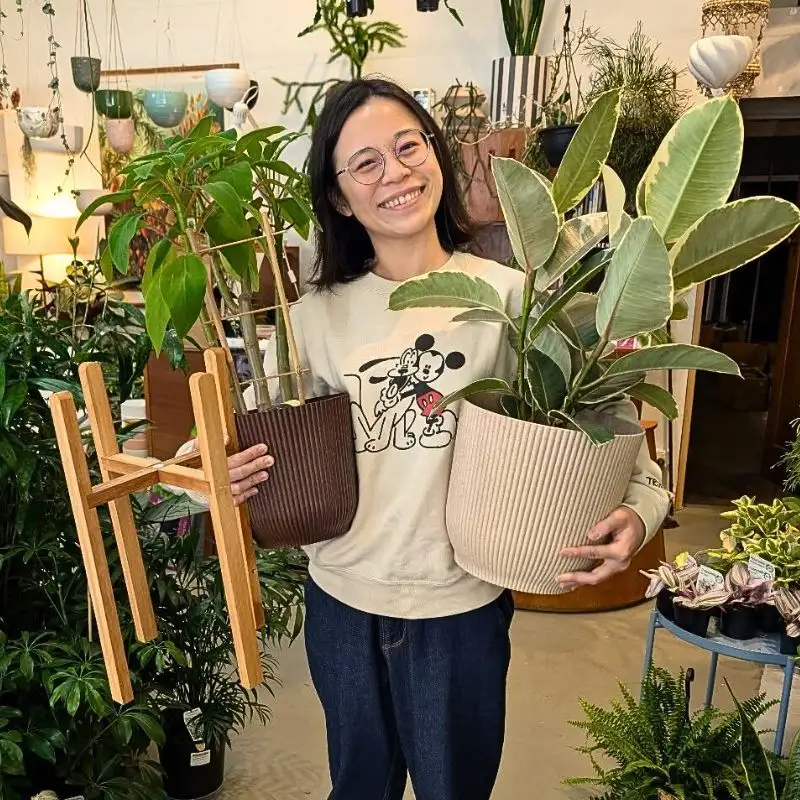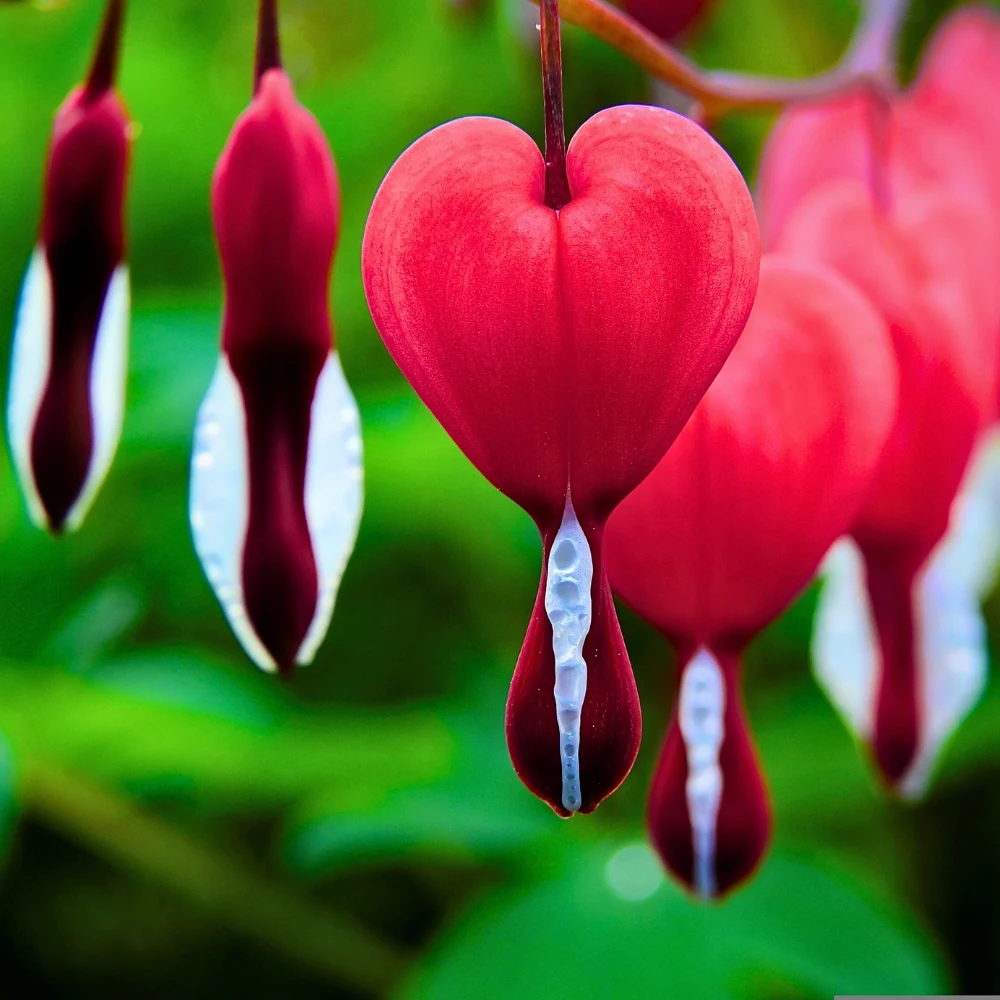The passionate gardeners consider soil health their first priority. It's what makes everything grow! However, what if the soil health could be improved in an environmentally safe way by using just the kitchen?
In addition to reducing landfill contributions, these devices also provide a more direct and practical method to give your plants the necessary nutrients they really need. As a matter of fact, they are rich in nitrogen, which is the most important element for plant growth. Here you can read more about Agastache Plant: A Guide for Gardeners, Collectors, and Enthusiasts
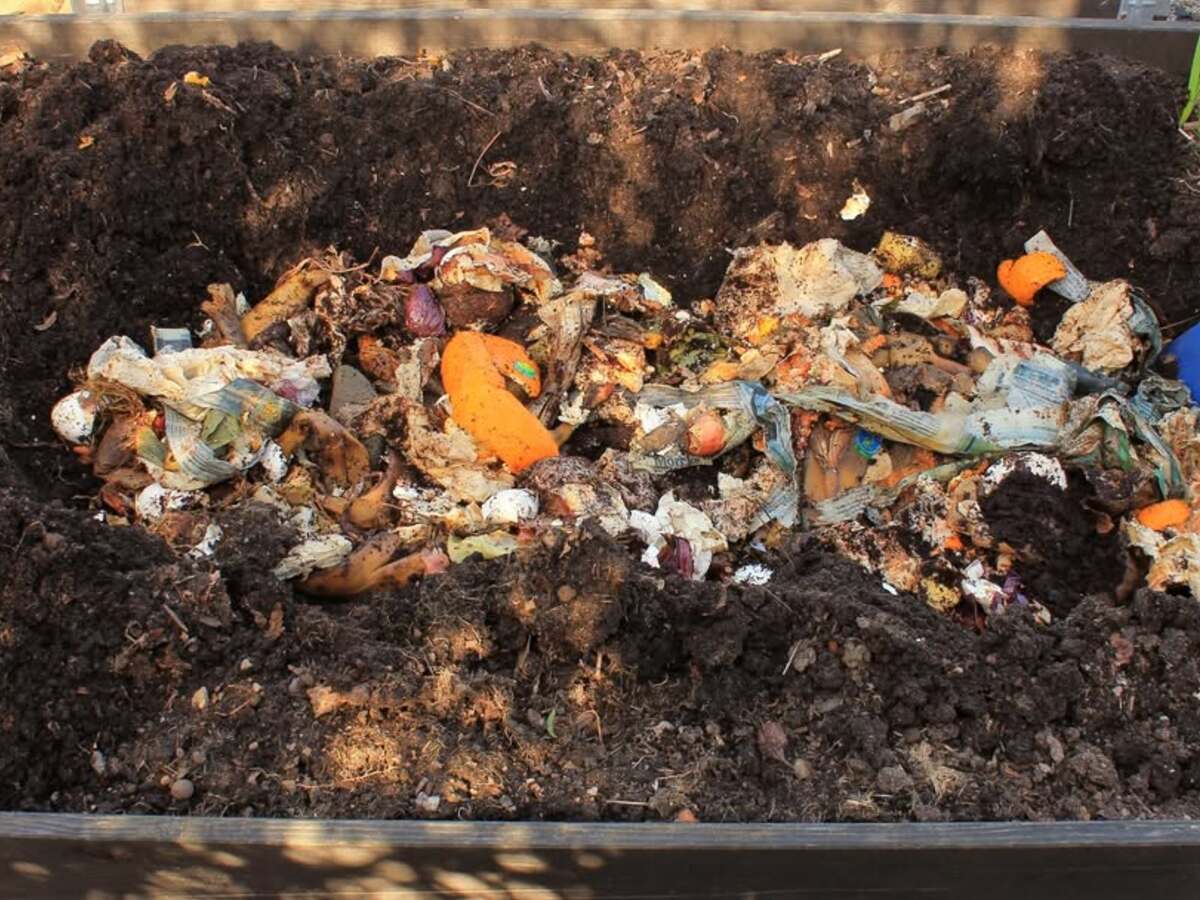
The Hidden Gold in Food Waste
Food waste is commonly discussed as an inconvenience; thus, for a gardener, it is always an opportunity missed. Vegetable peels, coffee grounds, eggshells, or fruit scraps-all come with rich organic materials just waiting to be returned to the earth, if particular processing measures are taken. Regular composting takes weeks or sometimes months. It can also require quite a bit of space, frequently turning the compost piles around, and, at times, odor control.
That is where modern-day home food waste machines fit in. Compact and clean, the Powered by patented Vortech® grinding technology dehydrates food waste in just a matter of hours; the resultant material is dry and odorless and can be safely mixed right into the soil. Many gardeners now are finding new and ecological ways to turn waste into soil nutrients, like the home food waste machine — a device that is fast, free of smell, and changes food scraps into nutrient-rich by-product without the need for water.
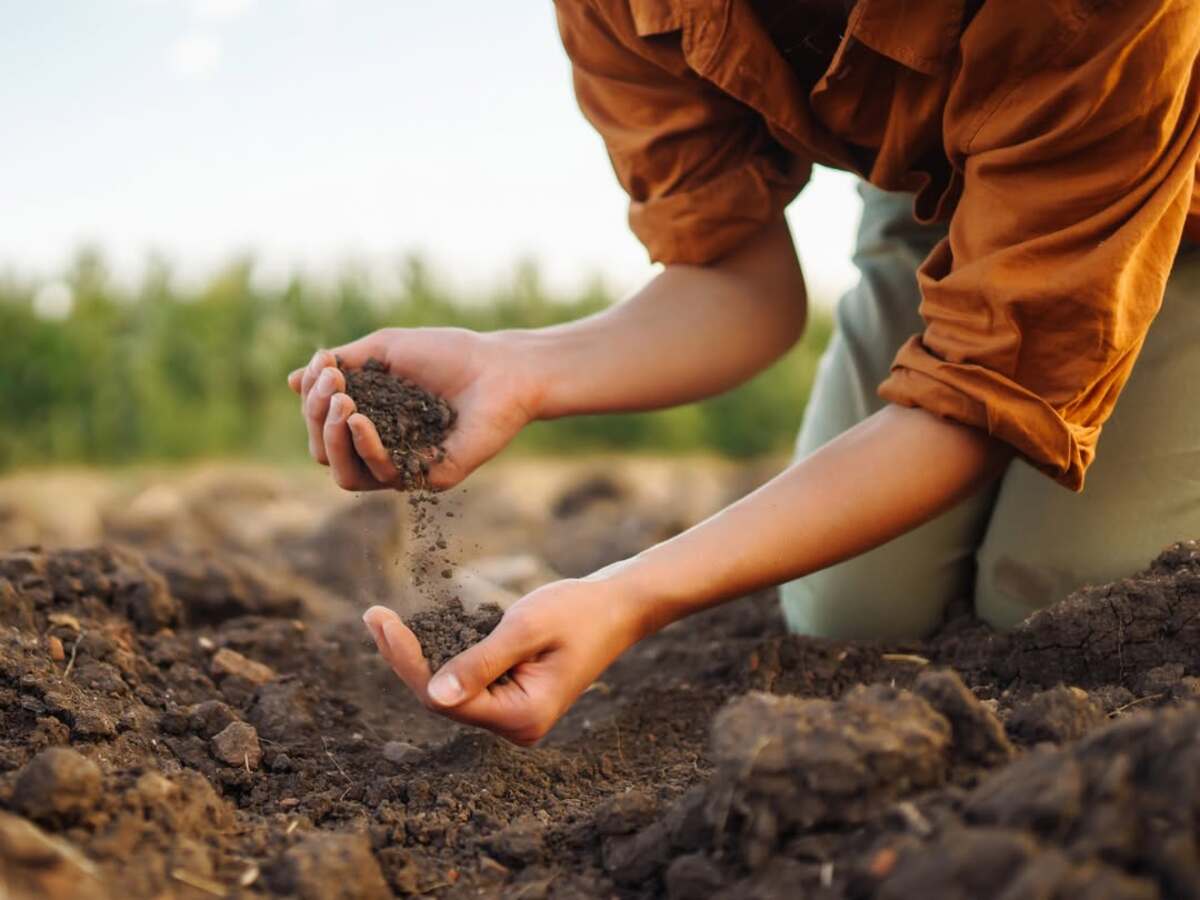
Why Gardeners Should Love Fast, Smell-Free Food Waste Recycler
If you're an urban gardener, grow indoors, or just don't have room for a compost bin outside, dealing with the smell and time is a pain for composting. A smell-free food waste recycler gets rid of these problems, so if you decide to turn your waste into nutrient-rich soil amendment, you won't have to worry about pests or a mess.
Here’s how these machines help your garden grow better:
- Speed: The food waste machines transform the leftovers into dehydrated food grounds within a few hours.
- Odor control: The sealed, filtered design keeps out the bad smells of the kitchen.
- Convenience: You can put the scraps in daily, push a button, and directly use the product in the soil.
- Clean nutrient cycling: It will keep the soil full of organic matter, which in turn will improve the texture of the soil, aeration, and moisture retention.
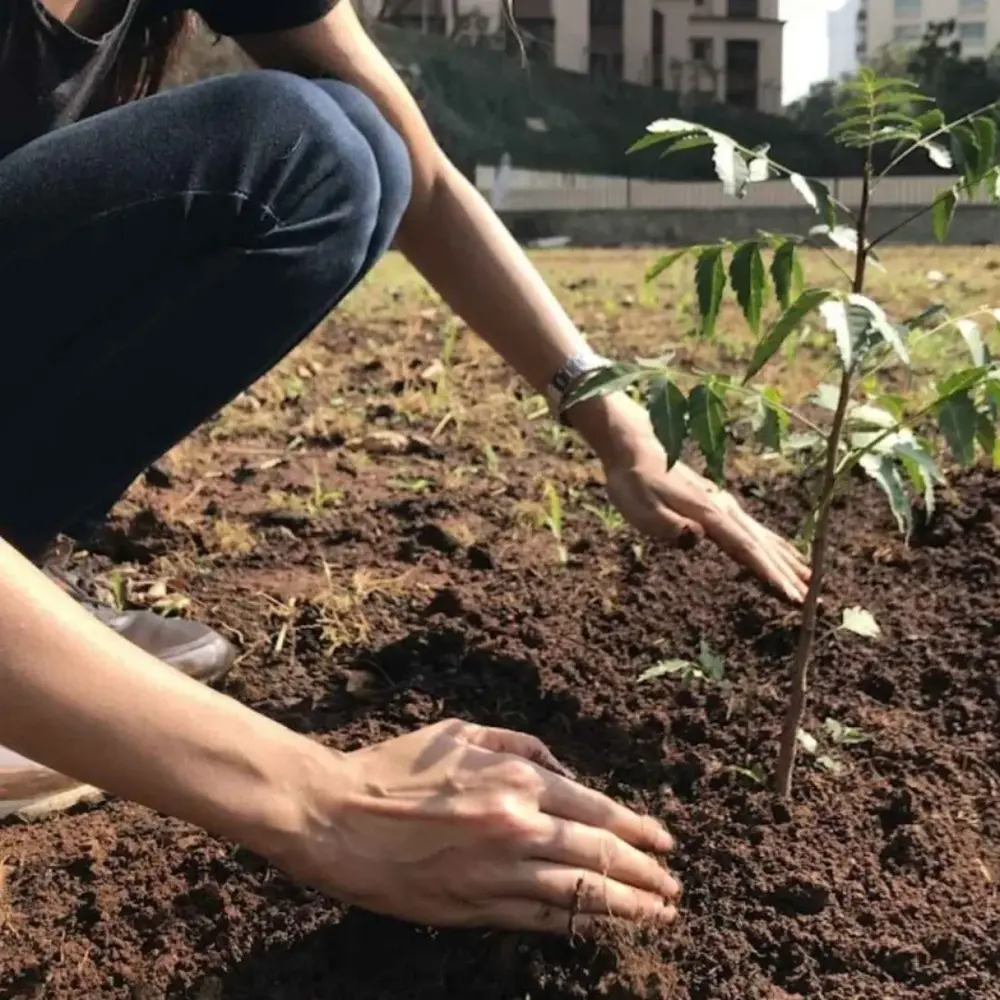
What Does Nitrogen Do for Plants?
Nitrogen is the first of three primary nutrients (with phosphorus and potassium) in plant care. But what does nitrogen do for plants, specifically?
Nitrogen is important for:
- Growing leaves and stems: It helps plants get full and green.
- Chlorophyll production: It is the source of energy for the plant through photosynthesis, which is how plants live.
- Protein synthesis: Nitrogen is a basic piece of amino acids, which are a must for plant cells.
Plants get pale and weak if the soil doesn't have enough nitrogen. Good thing a lot of food scraps – like greens, coffee grounds, and fruit peels – have nitrogen! When you use a food waste machine at home, it helps put those nutrients back into your garden soil.
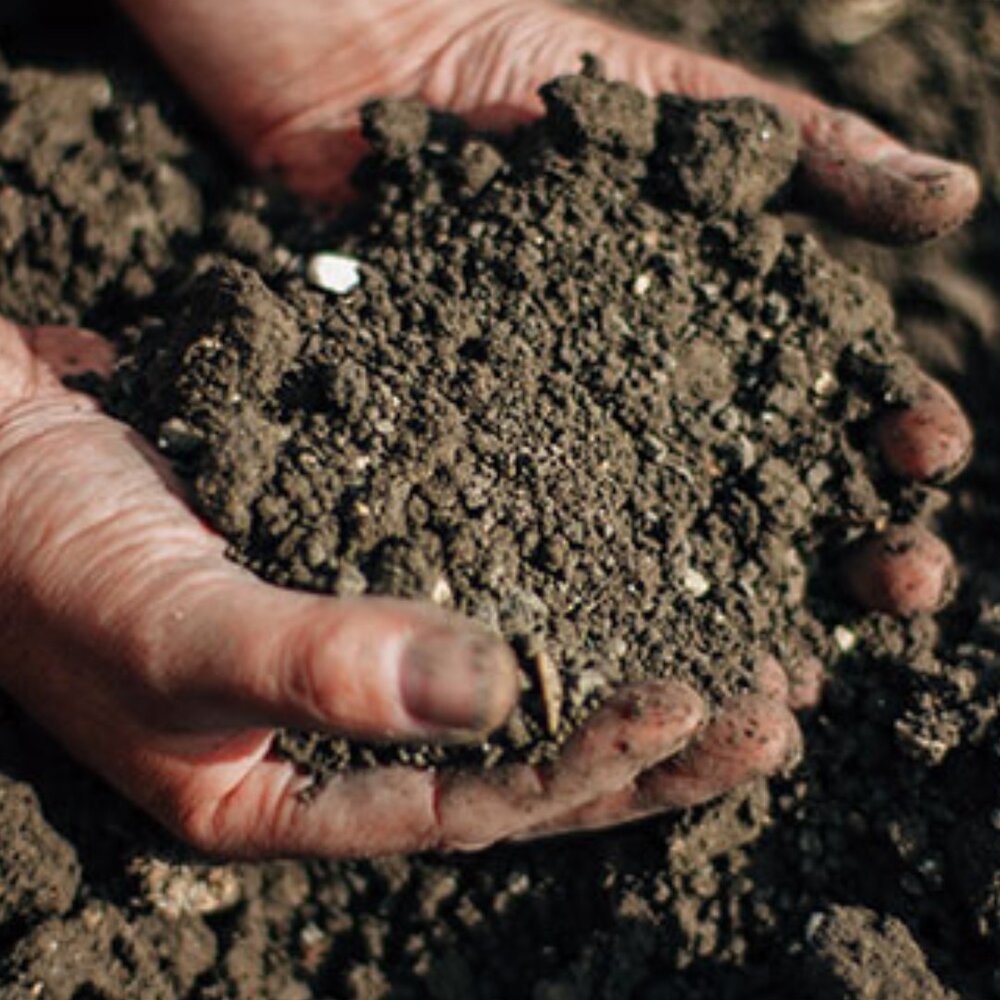
Gardening That's Kind to the Earth
Using a home food waste machine isn't just great for your plants; it's a way to be more sustainable. Every time you keep food scraps out of the trash, you’re cutting down on methane gas from dumps and shrinking your carbon footprint. Plus, you won't need as many chemical fertilizers, which can be bad for the environment and expensive.
If you're a gardener who wants to be earth-friendly, getting a fast, odorless food waste recycler for your house is a smart move. It’s not just about making good nutrient-rich soil amendment; it’s about making things sustainable – from what you plant to what you eat, and then back to the soil.
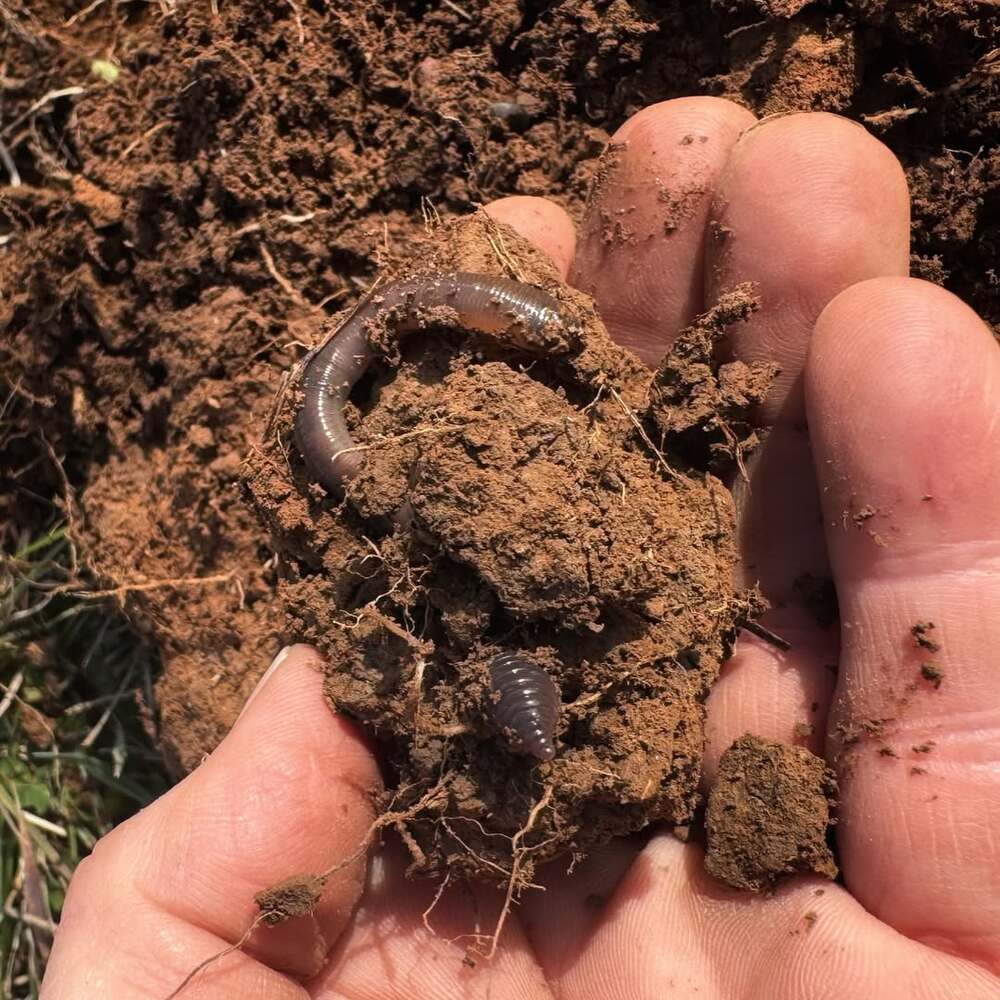
Final Thoughts
Healthy soil is the key to getting healthy plants—and good plants will produce not only beautiful but also fruitful gardens. The utilization of new technology, for example, a home food waste machine, enables gardeners to be in charge of the nutrition of their soil, to reduce waste, and grow more responsibly.
So next time, when you are preparing vegetables or making your coffee in the morning, think about those scraps and their potential. If you do it properly, you’re not just throwing away food— but you are also nourishing your garden.

